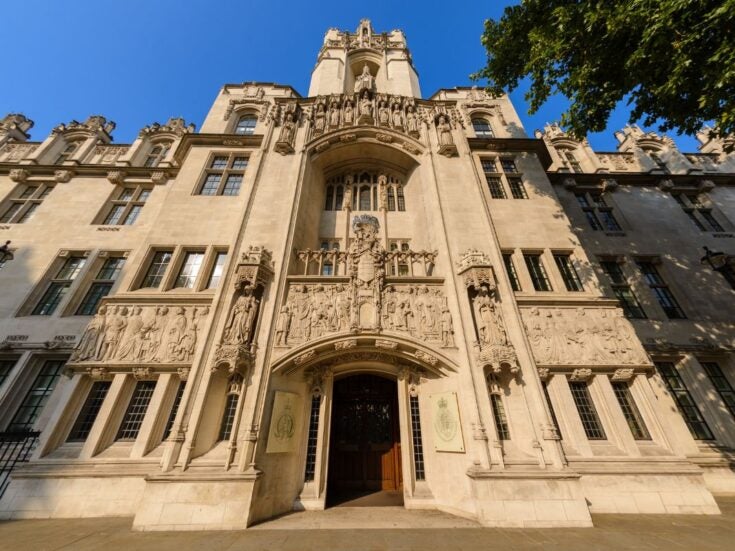

The UK actively encourages investment from overseas, which naturally results in the increase of high net worth individuals from outside of the EU coming to the UK under the Tier 1 investor route.
The latest Home Office statistics confirm 560 new investor visas were issued last year with a high proportion issued to Chinese, Russian and US nationals. This figure is four times more than the number issued in 2009 following the introduction of provisions for investors under the points-based system.
Investment in the UK is an attractive route to gain residency for relocation with families to the UK; maintaining a minimum £1 million investment for at least five years leads to permanent residency. I suspect this is not done exclusively for London’s cosmopolitan society and lifestyle opportunities but is largely owing to the objective criteria under which applications are considered promptly and efficiently.
Read more on HNW immigration from Spear’s
There is, however, very little evidence to confirm there has been a direct benefit to the UK economy since a high proportion of our clients invested in government gilts rather than businesses or anything else. These low-risk investments are very much encouraged by Home Office policy as it eradicates the need for the investor to top up investment funds to meet the required level to maintain residency in the UK.
It is vital to recognise the long-term economic benefits investors and their families will have on the UK. Their children are educated (privately) in the UK; they employ people; and they have great expenditure on professional services, luxury items, dining and properties, injecting more capital into the UK.
However, recent recommendations from the Migration Advisory Committee proposed various changes to the investor visa following their finding that there is ‘little benefit’ by way of financial contribution. Key proposals are:
1. To double the minimum investment threshold to £2 million as it has remained at £1 million since 1994;
2. To relax restrictions and settlement requirements preventing the need to continually top up investments during their residence;
3. To give HNWs the option to enter into ‘an eBay-style auction’ for fast track investment visas and an accelerated settlement for at least £2.5 million.
These proposals have unsurprisingly caused much debate and been rightly criticised by the immigration practitioners among us. MAC are clearly attempting to address the political effect of immigration by making it appealing to Brits with the suggestions that excess funds would be donated to government good causes. This is likely to be rejected by the government.
But it remains that the UK will very much continue to send the message that we are ‘open for business’ to drive our economic growth, particularly where competition to attract HNWs from around the world remains fierce.
Tijen Ahmet is an immigration solicitor at SA Law LLP







